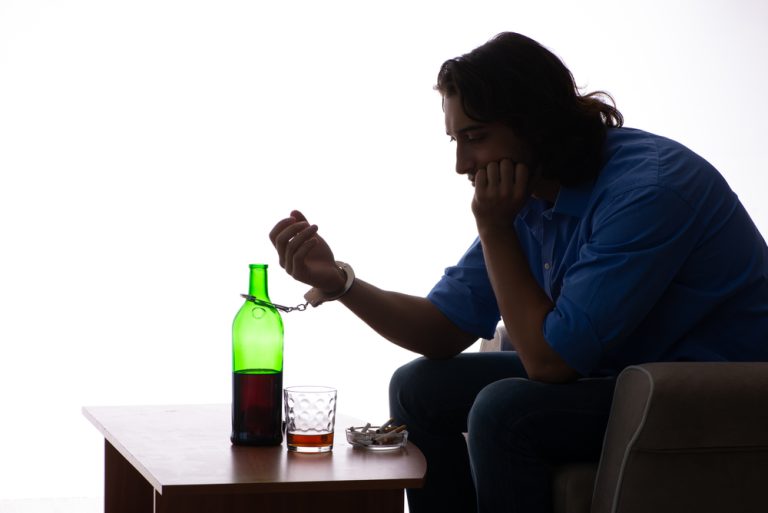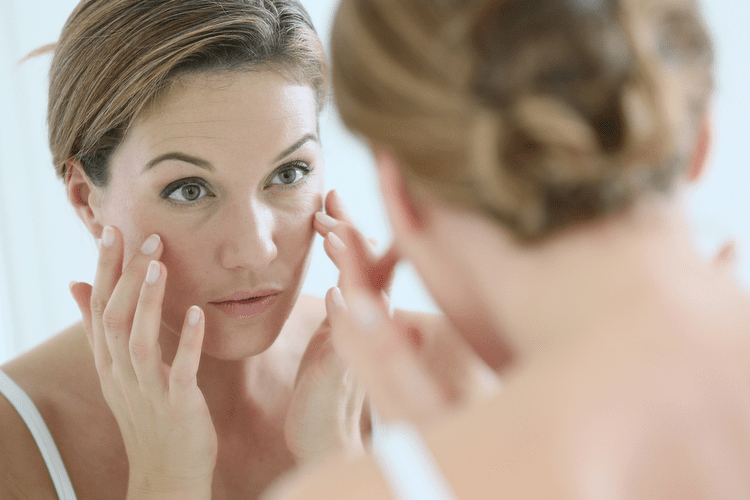If you have a loved one going through recovery, all of sober alcoholic meaning this might be frustrating. They may even seem to be moving backward rather than ahead, in your opinion. But keep in mind that this stage is a somewhat normal aspect of rehabilitation and that it won’t endure indefinitely. In 2019, 25.8 percent of people ages 18 and older (29.7 percent of men in this age group and 22.2 percent of women in this age group) reported that they engaged in binge drinking in the past month.

How To Support Someone Experiencing Dry Drunk Symptoms
- These aren’t always dramatic outbursts—they often appear as internal frustrations, subtle shifts in thought processes, or patterns of unhealthy habits that resurface under stress.
- If one hasn’t undergone behavioral therapy or counseling that targets people who abused alcohol, it is advised to enroll in such a program.
- Whether you are currently struggling with an alcohol use disorder or have stopped drinking but still struggle with unhealthy thoughts and behaviors involving alcohol, treatment can help.
- No one should assume the information provided on Addiction Resource as authoritative and should always defer to the advice and care provided by a medical doctor.
- Warped expectations that characterize virtually every alcoholic and drug addict feed this impulsiveness.
Dry Drunk Syndrome manifests through a combination of emotional, behavioral, and physical symptoms. While the individual has stopped consuming alcohol, their psychological state and coping mechanisms often remain unaddressed, leading to distress and dysfunctional patterns. Recognizing these symptoms is crucial for identifying and addressing Dry Drunk Syndrome effectively. The symptoms of dry drunk syndrome include thoughts, feelings, and behaviors that do not align with recovery, even if the person no longer drinks alcohol.
Poor Coping Mechanisms
For many people in recovery, the expectation after going through an alcohol rehab program is to return to their earlier “normal” lives and function independently and efficiently without drinking. But the “normal” life they had once led is probably still filled with those stressors that had triggered their addiction in the first place. With their coping mechanism not in place, it is not hard to understand why some people start to romanticize their drinking days.
Frequently Asked Questions About Dry Drunk
It’s like hitting a pause button on your progress, leaving you feeling stuck and frustrated. If you or someone you love lives with substance abuse or addiction, you are not alone. Find treatment, education, support, and resources that support long-term recovery at Agape Behavioral Health. Contact our intake specialists to learn about our programs or to schedule an appointment. Alcohol abuse and addiction can impact every aspect of a person’s health and well-being.
They may be frustrated at realizing they can’t drink as other people do, or they could struggle to take responsibility for the years they spent drinking. You could feel as if you were walking on eggshells around the person. It could also be a dry drunk codependent relationship, where you feel a sense of guilt or responsibility toward the person. One of the most common signs of Dry Drunk Syndrome is ongoing irritability. Individuals may become easily angered by minor inconveniences or display an unusually short temper.
Recovery Requires Effort and Commitment
The dry alcoholic syndrome can be avoided by treating the core issues of alcoholism. Be aware of and on the lookout for the symptoms that indicate slipping back into old ways of thinking. If one hasn’t undergone behavioral therapy or counseling that targets people who abused alcohol, it is advised to enroll in such a program.
Alcohol use disorder is more than just a bad habit or lack of willpower — it is recognized as a mental disorder. Someone with AUD may not be able to stop drinking even if they experience harmful effects. In recovery, cutting out alcohol is a crucial step that involves emotional and behavioral challenges. Let’s examine further what dry drunk means and explore some ways to better manage the symptoms that can accompany the condition. The journey to sobriety is no walk in the park, but having a better understanding of its challenges can help us make sure we stay on track.
- It’s about rebuilding your emotional life and learning new ways to respond to challenges.
- While traditional alcoholism involves a physical dependence on alcohol, Dry Drunk Syndrome centers around untreated emotional and psychological issues.
- If you’re really struggling to figure it out, professional evaluation and diagnosis might be necessary.
- The first step in dealing with dry drunk syndrome is the same as it was for quitting alcohol.
Is Mental Illness Involved?

Even if they direct these emotions toward themselves, their emotional state can affect yours. Try to remember this isn’t necessarily a situation they chose to be in. In the meantime, there are https://randhenke.com/what-s-that-fuzzy-feeling-in-your-head-7-warning/ a few things you can do to support them.
What Are The Warning Signs Of Dry Drunk Syndrome?
- Constantly dealing with these emotions makes it harder to focus on your recovery and might risk your ability to stay sober in the long run.
- It’s not just about drinking excessively; it’s about the physical and psychological dependence that develops.
- These symptoms often mirror pre-treatment behaviors and should be used as a mirror for self-assessment and personal inventory.
- Recovery involves a lot of soul-searching, emotional work, introspection, and an entire perspective shift.
We Level Up rehab treatment & detox center can provide you, or someone you love, the tools to recover from alcoholism with professional and safe treatment. We can inform you about this condition by giving you relevant information. Life as a recovering alcoholic can open up a significant amount of time in a person’s schedule. Time spent drinking alcohol or recovering from drinking is available, and finding ways to fill it can be an important step forward. For many who struggle with alcohol addiction, drinking alcohol is part of who they are.
The emotional walls you have drug addiction treatment built can create distance between you and those who care about you. They may even refuse to accept that their addiction was a severe problem in the first place. They can’t admit that there are still problems hidden below the surface. Use the app that helps 96.7% of members successfully drink less with no pressure to quit drinking. Lack of good treatment can also include receiving the wrong type of treatment, not receiving treatment for co-occurring disorders, and leaving treatment before completion.
